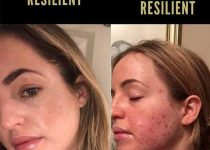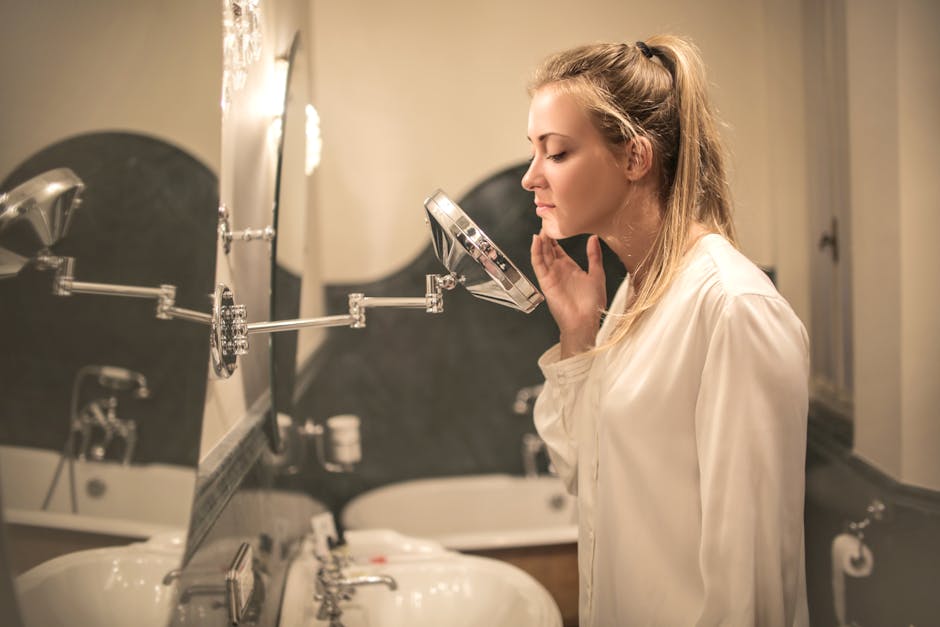Discover How to Cure Acne: The Benefits of a Consistent Sleep Schedule
Discover How to Cure Acne: The Benefits of a Consistent Sleep Schedule
Acne is a common skin condition that affects millions of people worldwide. While many turn to skincare products and medications to combat acne, there’s an often-overlooked solution that lies in our daily habits: maintaining a consistent sleep schedule. In this blog post, we will explore how a regular sleep routine can improve skin health and potentially cure acne. We will delve into the scientific connections between sleep and skin, provide statistics, and offer actionable tips for achieving a good night’s rest.
Understanding Acne and Its Causes
Before diving into the relationship between sleep and acne, it is crucial to understand what acne is and what causes it. Acne is a skin condition that occurs when hair follicles become clogged with oil and dead skin cells. This can lead to whiteheads, blackheads, or pimples. Factors that contribute to acne include hormones, stress, diet, and lifestyle choices.
The Role of Hormones
Hormones, particularly androgens, increase during puberty and can cause the sebaceous glands to enlarge and produce more sebum. This excess oil can lead to clogged pores and acne. Understanding the hormonal component of acne is essential as it ties into how sleep can play a role in managing these hormonal levels.
The Science Behind Sleep and Skin Health
Sleep is a vital process that allows the body to repair and rejuvenate. During sleep, the body undergoes several restorative processes that are crucial for maintaining healthy skin. A study by the National Sleep Foundation found that adults need between 7-9 hours of sleep per night for optimal health. Yet, according to the Centers for Disease Control and Prevention (CDC), about 35% of adults in the United States report getting less than 7 hours of sleep per night.
Impact of Sleep on Hormonal Balance
Sleep has a significant impact on hormonal balance. Lack of sleep can lead to increased levels of stress hormones like cortisol, which can exacerbate acne. A consistent sleep schedule helps regulate these hormones, reducing the likelihood of acne flare-ups.
Skin Repair and Regeneration
During sleep, the body produces collagen, a protein that is essential for skin repair and elasticity. Collagen helps heal acne scars and prevents new breakouts. Additionally, blood flow to the skin increases during sleep, which aids in the healing process.
Benefits of a Consistent Sleep Schedule for Acne
Reduced Inflammation
Chronic inflammation is a key contributor to acne development. Studies have shown that adequate sleep reduces inflammation levels, thereby minimizing the risk of acne. By maintaining a consistent sleep schedule, you can decrease inflammatory markers in your body.
Improved Skin Barrier Function
Sleep deprivation can weaken the skin barrier, making it more susceptible to environmental damage and acne-causing bacteria. A regular sleep pattern strengthens the skin barrier, enhancing its ability to fight against acne.
Enhanced Stress Management
Stress is a well-known trigger for acne. A consistent sleep schedule helps improve mood and reduce stress levels, which in turn can lead to fewer acne breakouts. Incorporating relaxation techniques before bedtime, such as meditation or deep breathing exercises, can further enhance sleep quality and stress management.
Actionable Tips for Establishing a Consistent Sleep Schedule
Set a Fixed Bedtime and Wake-Up Time
Consistency is key. Choose a bedtime and wake-up time that allows for 7-9 hours of sleep and stick to it, even on weekends. This helps regulate your body’s internal clock.
Create a Relaxing Bedtime Routine
Wind down before bed by engaging in calming activities such as reading or taking a warm bath. Avoid screens at least an hour before sleep, as blue light can interfere with melatonin production.
Optimize Your Sleep Environment
Ensure your bedroom is conducive to sleep by keeping it dark, cool, and quiet. Invest in a comfortable mattress and pillows to support restful sleep.
Limit Caffeine and Heavy Meals
Avoid consuming caffeine and large meals close to bedtime, as they can disrupt sleep. Opt for a light snack if you’re hungry before bed.
Exercise Regularly
Regular physical activity can improve sleep quality, but avoid intense workouts close to bedtime. Aim for at least 30 minutes of moderate exercise most days of the week.
Conclusion
While there is no one-size-fits-all solution for curing acne, maintaining a consistent sleep schedule offers numerous benefits for skin health. By prioritizing sleep, you can reduce inflammation, manage stress, and enhance your skin’s natural repair processes. Implementing the actionable tips provided can help you establish a sleep routine that supports clear, healthy skin. Remember, achieving clear skin is a journey that requires a holistic approach, and sleep is a vital component of that journey.


